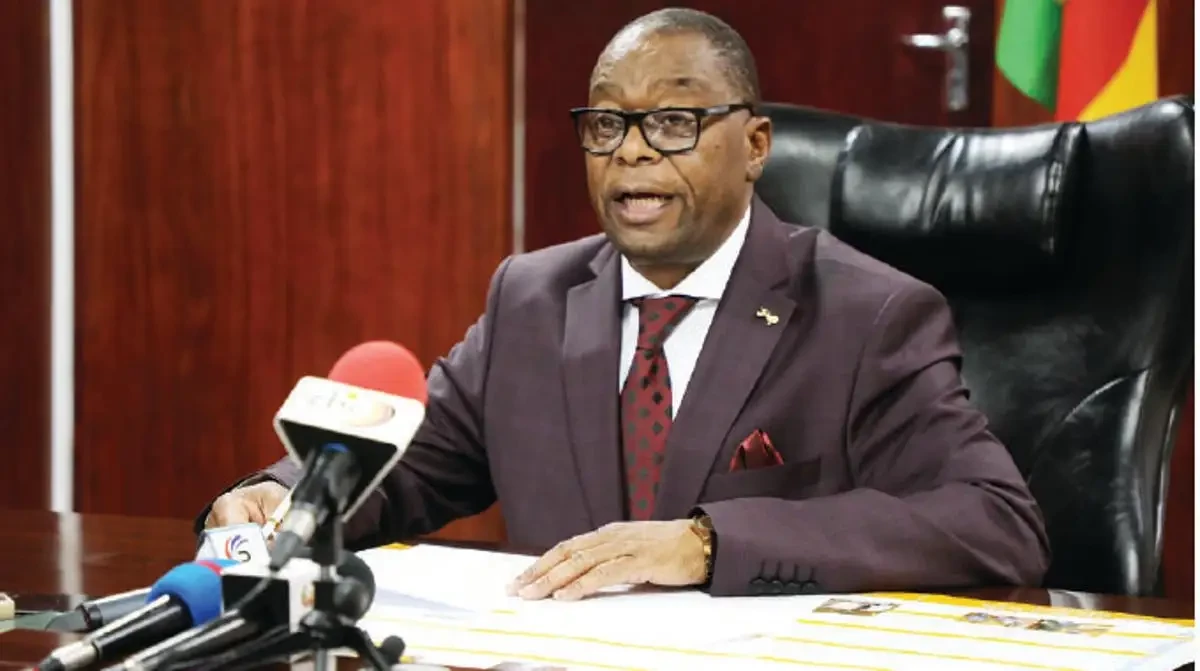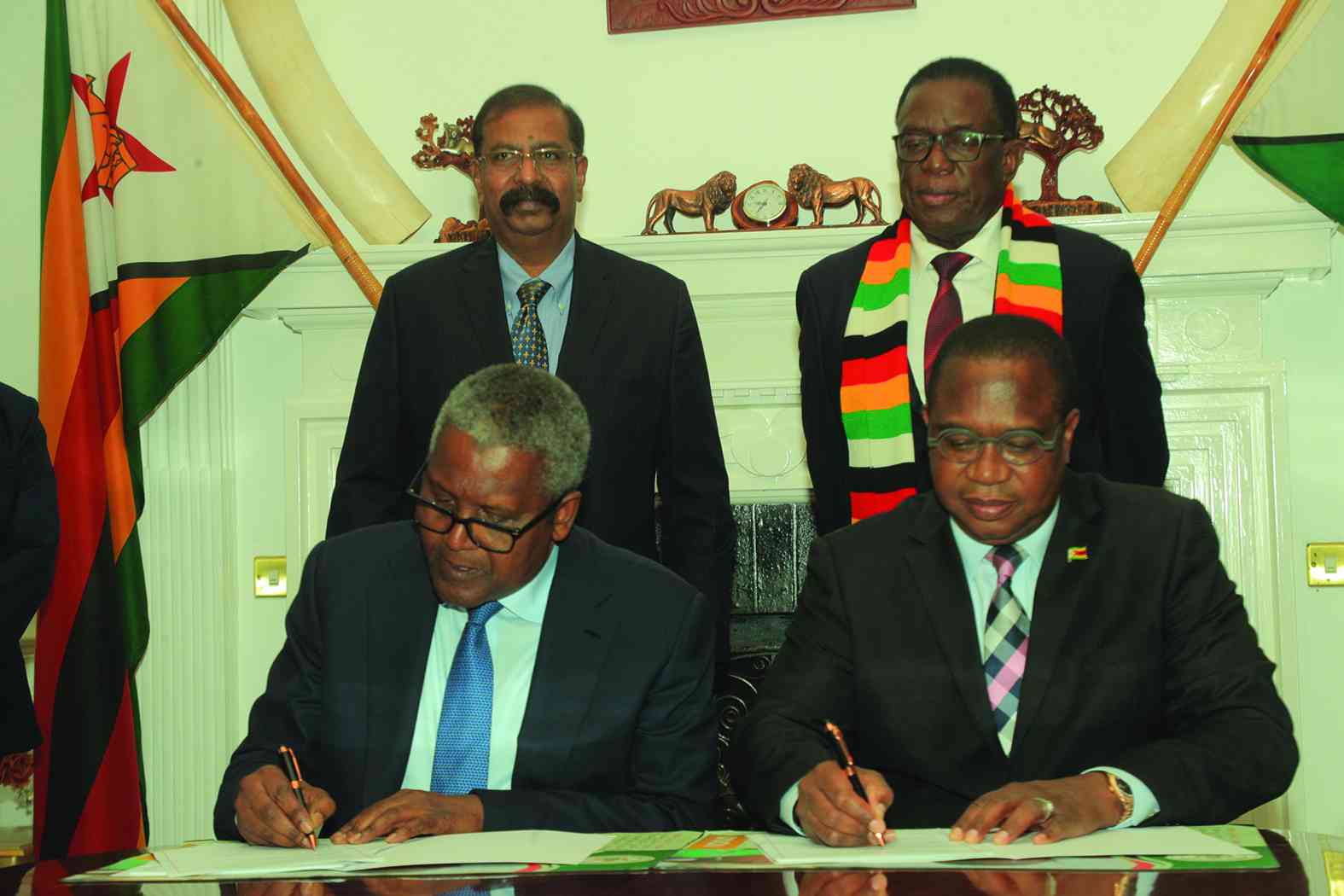LONDON – Greece is facing a critical year that hinges on its three-party ruling coalition sticking together and following the bailout programme agreed with the European Union and the International Monetary Fund (IMF), Finance minister Yannis Stournaras said in the Financial Times yesterday.
“We can make it next year if we can stick to the programme agreed with the EU and IMF. The break would be if the political system finds the situation too difficult to handle,” he said in an interview with the newspaper.
Prime Minister Antonis Samaras’s government has implored Greeks to endure austerity measures, which have dented its popularity since it won power in a June election.
“What we have done so far is necessary, but not sufficient to achieve a permanent solution for Greece. The issue now is implementation,” Stournaras said.
The government has been boosted by last week’s agreement with the eurozone to provide Athens with nearly ₣50 billion ($64 billion) in long delayed aid, securing Greece’s survival in the bloc after months of doubt and political turmoil.
The disbursement of aid marked “a vote of confidence” in the government’s ability to deliver fiscal and structural reforms, but many ordinary Greeks and anti-bailout political parties have belittled or dismissed the deal. Greece faces a sixth straight year of recession in 2013, with its economy set to shrink by about 4%, Stournaras said, however, that “there will be a light showing by the end of next year”.
Keep Reading
- Chamisa under fire over US$120K donation
- Mavhunga puts DeMbare into Chibuku quarterfinals
- Pension funds bet on Cabora Bassa oilfields
- Councils defy govt fire tender directive
“Our partners’ decision to give us so much money – more than we expected – removes a large part of the risk . . . we still face the possible risk of bankruptcy,” he said.
“It is going to be a very difficult year . . . but if we continue on this track, reduce the budget deficit and also complete measures to improve competitiveness, 2014 and 2015 will be much easier,” he said.





